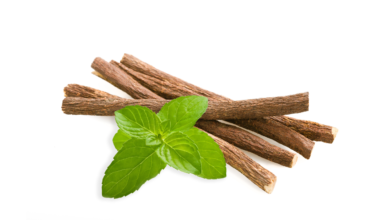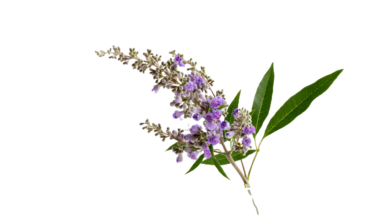Shatavari: Believed to nourish the reproductive system and balance hormones.

Brief information about it:
Shatavari, also known as Asparagus racemosus, is an Ayurvedic herb with a wide range of traditional uses, particularly for women’s health.
Uses:
· Reproductive Health: Supports reproductive health, including menstrual cycle regulation, fertility, and menopause symptoms.
· Hormonal Balance: Helps balance hormones, especially estrogen.
· Digestive Health: Improves digestion and relieves constipation.
· Antioxidant Properties: Protects cells from damage caused by free radicals.
Mechanism of action:
· Hormonal Regulation: May help regulate hormone levels, particularly estrogen.
· Anti-inflammatory Properties: Reduces inflammation in the body.
· Antioxidant Properties: Protects cells from oxidative damage.
· Digestive Health: Improves digestive function and relieves constipation.
Elimination half life:
The elimination half-life of Shatavari compounds hasn’t been specifically studied.
Route of Administration:
Oral: Shatavari is typically consumed orally in powder, capsule, or tablet form. It can also be used in herbal teas or decoctions.
Side effects:
Generally well-tolerated, but excessive consumption may lead to:
- Digestive upset
- Allergic reactions
Dose:
The appropriate dosage of Shatavari can vary depending on the specific condition and individual needs. It’s best to consult with an Ayurvedic practitioner or healthcare provider to determine the right dosage for you.
Precautions:
· Pregnancy and Breastfeeding: Pregnant or breastfeeding women should consult with a healthcare provider before using Shatavari.
· Hormonal Conditions: Individuals with hormone-sensitive conditions should use Shatavari with caution.
· Drug Interactions: Shatavari may interact with certain medications, so consult with a healthcare provider before use.





